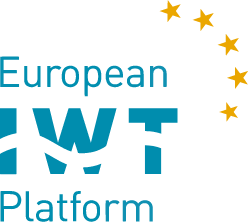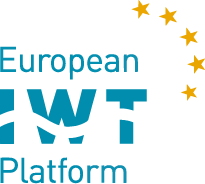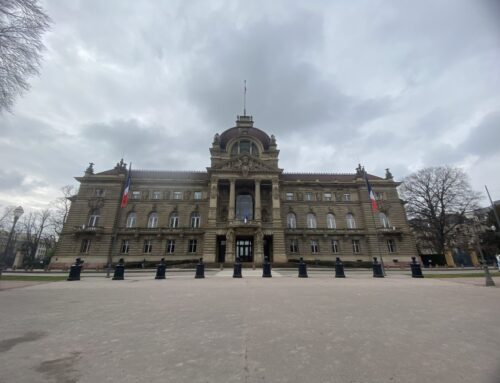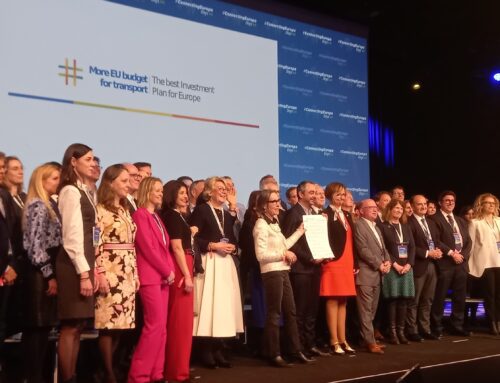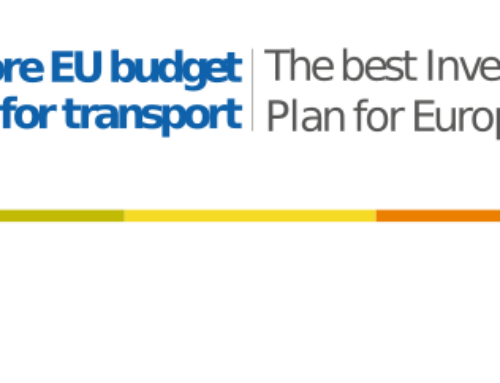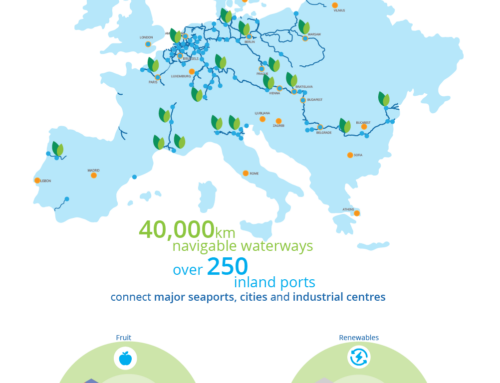At the end of November, after about a month of intensive negotiations, the future governing political parties: SPD (Social Democrats), Greens and FDP (Free Democrats), have presented their coalition agreement. The 178-pages‘ document lists all the important statements, including relevant points on freight transport and shipping, together with the importance of strengthening the waterway systems. The Federal Association of German Inland Navigation e.V. (BDB) has already made an initial assessment of the relevant parts related to the inland navigation, ports and freight transport.
It is a positive sign that with the announced strengthening of the hinterland connections and the accelerated expansion of the locks, i.e. further development of the waterway infrastructure, one of the main demands of the association has been taken up. The announced strengthening of the Federal Waterways and Shipping Administration (WSV) is an essential element in this. In addition, the responsibility of the federal government for port infrastructure and the need for in-depth cooperation between the ports is being emphasised. Already earlier in August, BDB was approached to develop the new “National Ports‘ Strategy”, and BDB will most definitely contribute with its expertise to this project.
Constructive actions have already been made to establish procedures that involve a wider public participation in infrastructure projects within the shipping industry. For example, most recently, the infrastructure project “Removal of depth bottlenecks on the Middle Rhine”. Within the framework of a so-called “consultation phase”, the comments of all relevant stakeholders were heard by the administration and wrapped up already at the early stage.
We are curious to see how the government intends to further develop this process in a direction of having a ‘dialogue on climate resilience and nature conservation’. As a shipping association, BDB will of course actively be actively involved. In this context, the announced reassessment of the expansion measures in the current Federal Transport Infrastructure Plan deserves special attention: The wheel should not be reinvented here, especially as a few very important for the industry expansion projects in the area of rivers and canals are already sufficiently scientifically supported”, explained BDB President, Mr. Martin Staats.
In the upcoming years and decades, inland navigation will face major challenges in its transformation process towards a renewed fleet that is as climate-neutral as possible. The government is therefore making correct steps when it adapts the fleet renewal programme and promotes shore power and alternative fuels, while at the same time ensures that the overall burdens for the industry resulting from the “Fit for 55” programme do not become too excessive. BDB has always asked that a combination of demands and support must be in the right proportion and balance. In order for the transformation to climate-neutral inland navigation to succeed, the existing support programmes for the industry must be intensified and better funded, so that the conversion to alternative sources, which is still very cost-intensive today, is successful. BDB will work intensively on the new fleet construction programme for inland vessels. The industry is ready to make its contribution and provide appropriate investments.
BDB President, Mr Martin Staats sums up: “The presented statements on shipping are pleasing as they reflect the necessary measures for the industry. Certainly, we would have liked to see even more commitment and precision at one point or another, for example on the shift target and on the adjustments to the fleet renewal programme already mentioned in the coalition agreement. We will now discuss this with the new Federal Minister of Transport, to make it more concrete in the upcoming weeks. We suggest that the implementation of the coalition agreement should again take the form of a ‘master plan for inland navigation’.”
Wording of the statements relevant to shipping (lines 1713 ff.) is as following:
“We will develop a National Ports‘ Strategy and promote close cooperation between our ports. The federal government stands by its joint responsibility for the necessary port infrastructures. We want to increase the share of shipping in freight transport and also strengthen hinterland connections. We will promote shore-side electricity and alternative fuels. We will adapt the fleet renewal programme for a climate-friendly inland navigation. When designing “Fit for 55”, we want to keep an eye on its overall burden on shipping. We will strengthen the Federal Maritime and Hydrographic Agency, in order to introduce a uniform flag state administration and to accelerate the development of off-shore wind energy. We will accelerate the renovation and expansion of the locks. We will initiate a society-wide dialogue on climate resilience and nature conservation in waterways. We will strengthen the waterways and shipping administration and increase its efficiency.
Source: BDB communication
To read the original in German – click HERE!
